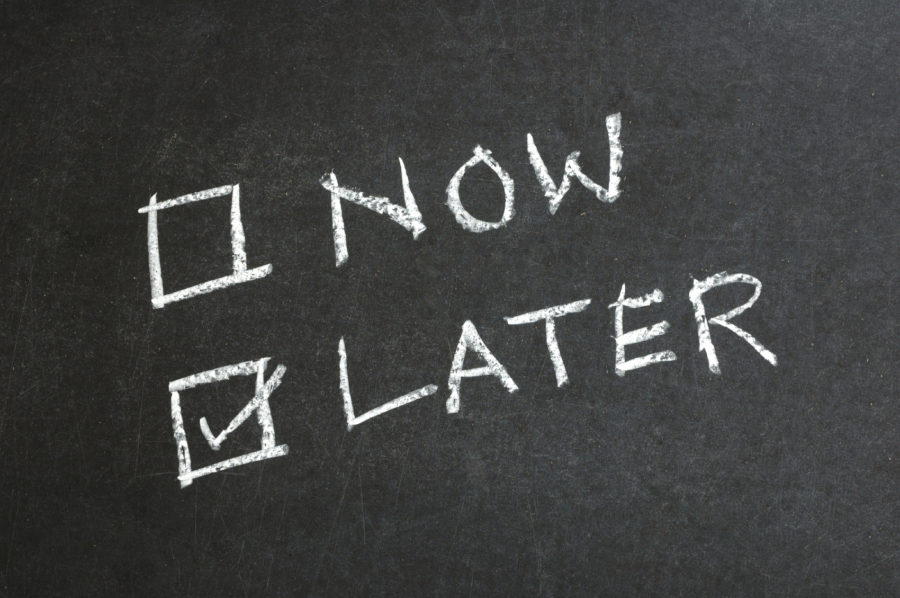Are you that individual that prefers to put off submitting the proposal due this Tuesday to schedule next month’s itinerary?
This proves you’re not lazy because it takes energy and focus to carry out the other tasks. Rather, this is a simple case of productive procrastination.
Procrastination on its own is a coping mechanism to manage negative feelings such as boredom, anxiety and stress-induced by certain tasks.
Active procrastination, Productive or Passive procrastination
Active procrastination: Involves intentionally putting off tasks or decisions in order to harness the pressure that comes from being behind on a deadline as motivation to get tasks done. According to Chu and Choi (2005) who coined active procrastination, procrastination in a positive form is linked to positive psychological health and academic performance.
Productive procrastination: Otherwise known as structured procrastination, involves you doing beneficial things while delaying doing tasks that are of higher priority.
Passive procrastination: Do you prefer to scroll mindlessly through social media than complete an assignment? Well, you are passively procrastinating. When you passive procrastinate, parts of our brains think we are putting off tasks that alleviate stress and choosing the short-term gratification (scrolling mindlessly through social media) over the long-term reward. The accompanying negative feelings that await us on the other side are far worse.
Why you should productive or active procrastinate?
Active procrastination helps you get more things done :
Other tasks start to seem easy compared to the task you’re procrastinating on. You find yourself glancing through your to-do list leaving more than enough time to get to the task you’ve been procrastinating on Here’s a little hack, If you’re still procrastinating on a task for too long, why don’t you create a task more gruelling than the other one? Your brain would automatically take the easy one out, thereby getting the task you’ve been procrastinating on done. You’re welcome.
It helps you to prioritise:
You cut the important part. If you keep procrastinating on a particular task. It probably is not as relevant as you thought. Taking a second look at your list of priorities may leave you taking out some tasks because you discover they are needlessly over-complicated tasks.
It gives you the 2023 vision:
Nothing breeds focus like being neck-deep in work threats because you are behind your deadline. Your newfound power to speed write, overthink and over research are not far from the abilities of a robot. The pressure truly makes you focus until you achieve that task in less time than you ever imagined.
It makes your creative juices run:
Pressure plus coffee, this creative inducing combo has been saving lives since individuals that procrastinate have discovered that putting off work till the last minute pushes them to explore areas that they never knew existed. Many individuals in the creative space have sighted having their best ideas when under pressure. Who knows? You could be the next Picasso if you procrastinate.
You make better decisions:
Are you looking for a method to give the clarity needed to make better decisions asides from yoga poses? why don’t you try procrastination? Delaying on decision making helps you analyse situations better. You can check in with your gut, advisors, and even carry out research. You may be procrastinating on a decision because internally you don’t believe in it or are not confident about the decision.
Once you decide to practice productive or active procrastination, ensure you do it in a way that ensures more merits than demerits.
Take easy steps, like finding a better reward that alleviates negative feelings than avoidance or other means of procrastination. Practice self-compassion by making a commitment to meeting your challenges with greater acceptance and kindness rather than rumination or regret, and make your temptations more inconvenient to access.



